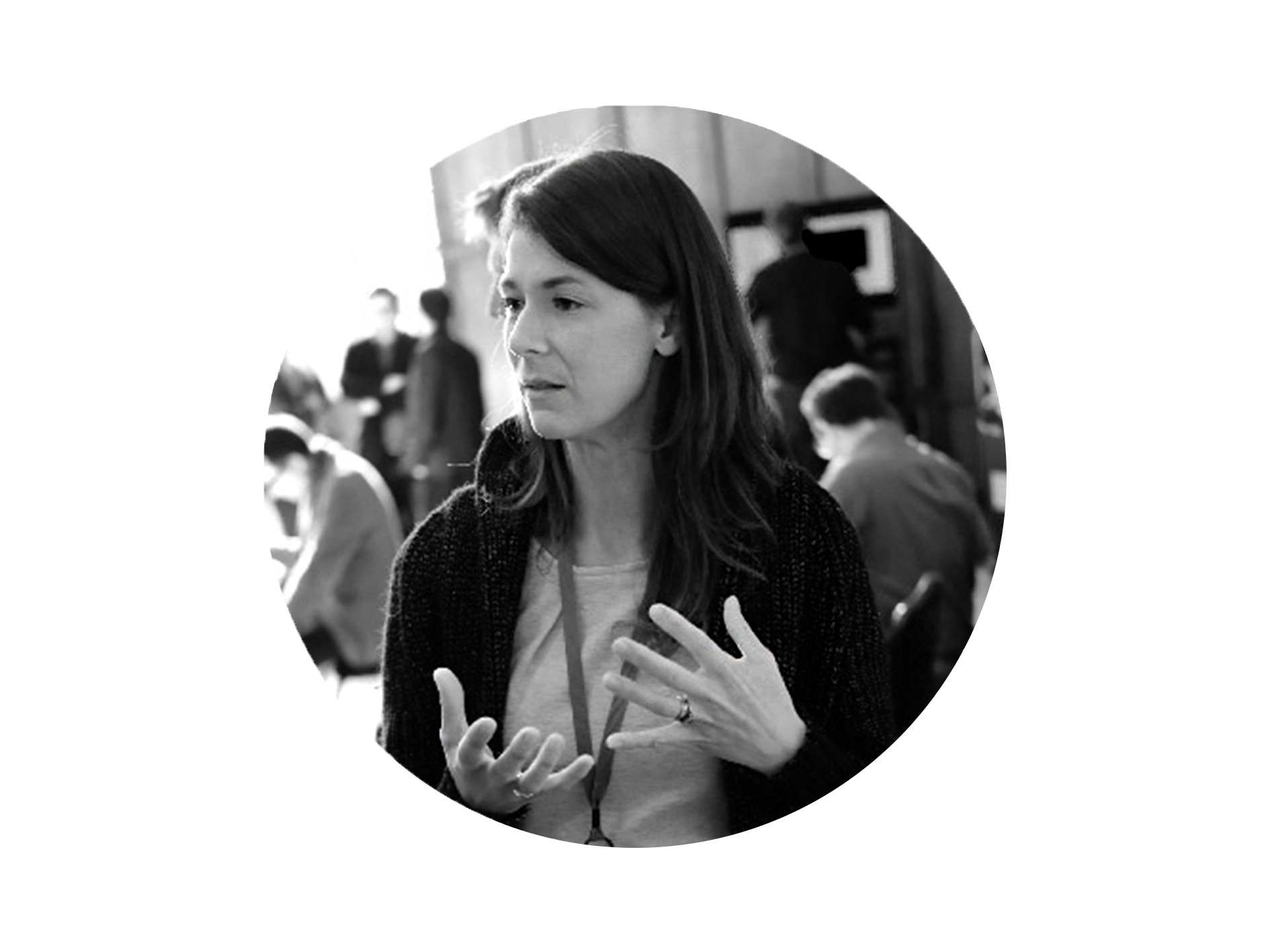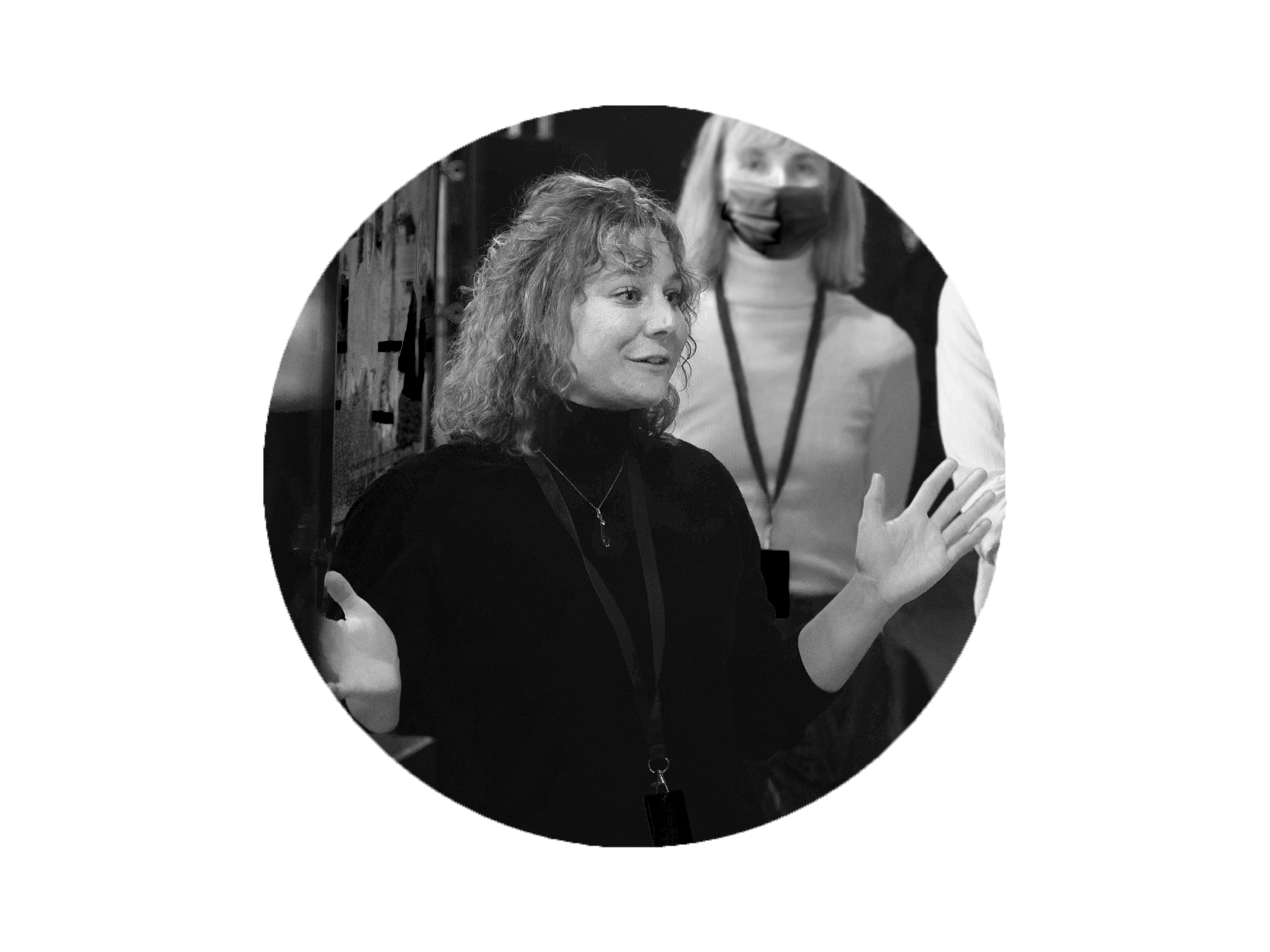
LIVING TEXTILE ARCHITECTURES SYMPOSIUM
Towards Multi-Species, Multi-Scale Interaction
October 12th - 14th, 2022 - Newcastle-upon-Tyne (UK)
Hosted by the Living Textiles Research Group, Hub for Biotechnology in the Built Environment (HBBE),
Newcastle University, UK
About
What does it mean to design for multi-species interactions? How can biology transform our understanding of scale in textiles and architecture? How does technology intersect with the living and the non-living in biohybrid materials and systems for construction?
Since the formation of the ArcInTex Network, the intersection of textiles, architecture and interaction design has been transformed by biology. Biodesign has emerged as an important discipline that addresses the potential to integrate living systems into design to create alternative, sustainable outcomes. The novel hybrid methodologies that are emerging bring scientists and designers together with technologists to explore strategies to cultivate and grow new materials that have the potential to radically reduce the impact of our industries. Biological systems offer a model of low energy and circular production, but how can we best create, build and collaborate with nature in the pursuit of regenerative design? How can we design with microbial communities using textiles processes to generate healthy microbiomes for the built environment? And how do we remain critically aware of the implications of the technologies that we are creating?
This ARCINTEX symposium, hosted by the Hub for Biotechnology in the Built Environment will reflect on the interactions between textiles, interaction design and architecture through the lens of biology to reveal the ideas, networks and new materiality emerging within our community.
This three-day event will bring the ArcInTex community together in Newcastle to share ideas and discuss new and emerging research. The event will comprise a two-day single-track symposium, keynote discussions, a dedicated PhD forum, and a showcase event to exhibit artefacts and design work during the symposium.
Dates:
12 – 14th October 2022.
Location:
HBBE, Newcastle University and Northumbria University, Newcastle-upon-Tyne (UK)
On-site this event will take place on two locations in Newcaslte:
Day 1 and Day 2: Urban Sciences Building, 1 Science Square, Newcastle upon Tyne, Ground Floor, Event Space, G.003. - postcode NE4 5TG
Day 3: Devonshire Building on the Newcastle University City Campus - postcode NE1 7RU
The event will be free to all participants. For enquiries please contact: jane.scott@newcastle.ac.uk
Since the formation of the ArcInTex Network, the intersection of textiles, architecture and interaction design has been transformed by biology. Biodesign has emerged as an important discipline that addresses the potential to integrate living systems into design to create alternative, sustainable outcomes. The novel hybrid methodologies that are emerging bring scientists and designers together with technologists to explore strategies to cultivate and grow new materials that have the potential to radically reduce the impact of our industries. Biological systems offer a model of low energy and circular production, but how can we best create, build and collaborate with nature in the pursuit of regenerative design? How can we design with microbial communities using textiles processes to generate healthy microbiomes for the built environment? And how do we remain critically aware of the implications of the technologies that we are creating?
This ARCINTEX symposium, hosted by the Hub for Biotechnology in the Built Environment will reflect on the interactions between textiles, interaction design and architecture through the lens of biology to reveal the ideas, networks and new materiality emerging within our community.
This three-day event will bring the ArcInTex community together in Newcastle to share ideas and discuss new and emerging research. The event will comprise a two-day single-track symposium, keynote discussions, a dedicated PhD forum, and a showcase event to exhibit artefacts and design work during the symposium.
Dates:
12 – 14th October 2022.
Location:
HBBE, Newcastle University and Northumbria University, Newcastle-upon-Tyne (UK)
On-site this event will take place on two locations in Newcaslte:
Day 1 and Day 2: Urban Sciences Building, 1 Science Square, Newcastle upon Tyne, Ground Floor, Event Space, G.003. - postcode NE4 5TG
Day 3: Devonshire Building on the Newcastle University City Campus - postcode NE1 7RU
The event will be free to all participants. For enquiries please contact: jane.scott@newcastle.ac.uk
ArcInTex Network
The ArcInTex Network is comprised of researchers and practitioners in architecture, interactive design and textiles who together develop ideas, techniques, methods and programs for new perspectives on design for building, dwelling and living. The network accomplishes this through joint research projects, joint applications for funding larger projects, exchange programs on the master’s and research levels, and holding joint conferences and workshop on emergent topics.
Living Textiles Research Group
The Living Textiles Research Group positions textiles as a critical biofabrication strategy for the development of new materials and construction methods, transforming biomaterials and biosynthesised polymers into environmentally responsive, and programmable systems that operate at the scale of the built environment.
The Living Textiles Research Group is part of the Hub for Biotechnology in the Built Environment, a joint initiative between Newcastle University and Northumbria University funded by Research England.
Symposium Chairs

Dr Jane Scott
Dr Jane Scott is a Newcastle University Academic Track Fellow (NUAcT) in Living Textiles in the Hub for Biotechnology in the Built Environment. Her research is located at the intersection of textiles, architecture, and biology; exploring the potential to design with biology using textile fabrication processes. Jane’s research is collaborative and interdisciplinary. Her work in Living Textiles questions materials and construction processes in contemporary architecture. As a knit specialist she is developing a new generation of biohybrid textile systems that operate across scales to produce low impact alternative materials for building and manufacturing.
Before joining Newcastle University, Jane was an academic at The University of Leeds and held a Visiting Research Fellowship in Biomimicry at Central Saint Martins. She completed PhD, Programmable Knitting at the Textiles Futures Research Centre at Central Saint Martins. In 2021 Jane founded the Living Textiles Research Group at Newcastle University.

Romy Kaiser
Romy Kaiser is a bio designer and researcher with focus on biomaterials, textile thinking and fibre-based bio fabrication methods.
Currently she is PhD Candidate at the Hub for Biotechnology in the Built Environment, Newcastle (UK) working as part of the Living Construction and Living Textiles Group. Romy’s research is investigating the scaffolding potential of knitted textiles for mycelium growth contributing to the field of bio fabrication and the scale-up of ‘Biological Engineered Living Materials’ (Bio-ELMs) in the Built Environment.
Romy obtained her master’s degree in Textile Design at the Swedish School of Textiles, Borås (2020), where she specialized in smart textiles, biomaterials and textile methodology. Her Master Project Kera-Plast investigated the plasticization of keratin-based fibres through compression moulded human hair in relation to textile design methods. The project was shortlisted for the Dorothy Waxman International Textile Design Prize 2020 and awarded with the Sustainable Development Award by the University of Borås.

Paula Nerlich
Paula Nerlich is a designer and explorer. With her material research she aims to support the elimination of so-called food waste through the creation of circular biomaterials from industrial food production surplus. In her practise as material designer and as co-founder of Circular Home Lab, she initiates discourse around rethinking systems of waste, the food industry and community.
Paula is a PhD candidate at The Hub for Biotechnology in the Built Environment as part of the project The Living Textile Interface group, led by Dr Jane Scott. Her PhD project The Materiality of Well-being: Living Textiles as Interfaces to enhance Well-Being in the Built Environment is a practise-led research project, studying the potential of textiles as living structures that nurture the well-being of human and more-than-human inhabitants in the built environment through multi-sensory inter-species interactions.
Current other involvements are the HBBE based ‘Bio-Futures for Transplanetary Habitats’ and the external ‘Human-Bacteria Interfaces’ project in collaboration with HBBE fellow PhDs, a funded project as part of the Driving the Human call.







